Harare's thriving second-hand clothing market has embraced the use of plastic money as traders fear being thrown out of business due to cash shortages, this paper has established.
The new way of doing business has spread within the sector, transforming it from a cash dominated enterprise to one where mobile money transactions through EcoCash, OneWallet, Telecash or Zipit rule the roost.
Besides Mupedzanhamo market in Harare's Mbare suburb - the biggest second-hand clothes market - many more have been established.
They include the parking bays at Harare Central Police Station, Copacabana and at places like Park Street, Avondale flea market and Sam Levy's Village on Sundays.
Consumers resort to second-hand clothes because they are affordable and sometimes some of the items are of better quality compared to local products.
For the past few years, Zimbabwe has operated a cash economy and second-hand clothes markets have been among the largest cash spinners.
However, a survey last week showed that on a daily basis, 80% of the trade on the streets is now through e-platforms which include credit, debit and prepaid cards, EcoCash, Zipit, One Wallet and Telecash, among others.
But the transacting model has its own challenges where despite vendors receiving money in their accounts or wallets, traders still find it difficult to access cash for restocking.
Traders have now resorted to buying cash from the black market where it is sold at between 15% and 20% commission.
A second-hand clothes vendor at Copacabana bus terminus, Ethan Chigombe, said he was accepting EcoCash so as to remain in business.
"We are accepting EcoCash because we don't want to lose out. We have realised if we don't do that, we would spend the whole week without selling anything," he said.
Chigombe said mobile money transactions consisted 80% of daily sales and this had affected the businesses as some of their needs such as rentals required cash.
A vendor at the Avondale flea market who identified himself as Dann Mutenwa said: "the use of plastic money helps to alleviate the cash shortages as most of our customers are paying via Zipit, swiping and EcoCash and it has been going on for a while now.
"But the challenge is that only a few of our suppliers accept plastic money, so we find ourselves paying 10% to get cash from the black market so that we restock."
Another vendor at Copacabana, Tinotenda Machingura said they had resorted to EcoCash transactions because the majority of their customers had no access to cash.
"We want money but the use of EcoCash for us is a disadvantage as some of our customers refuse to accept an extra $1 charge for EcoCash transactions," he said.
"The majority of our customers are working class and are failing to get cash from the banks."
Machingura said on a good day he can sell $50 worth of goods. He also gave his ideas on how the economic situation in the country could be improved.
"What needs to be revived first is the economy. If the industry can start producing, this will increase the inflow of cash," he said.
"There is also need to review economic policies to attract investment.
"There are a number of issues which need to be addressed, including the issue of police roadblocks and even the current policies like indigenisation so that they are presented in a manner that can attract investment."
Another vendor at Copacabana, Densely Mbewe said the use of plastic money was a good move as the majority of people were failing to access cash.
"We are now accepting EcoCash because these days people have no money," he said.
"On a good day we can make as much as $70 to $80 but we also ask the customer when sending money to add a $1 for transaction charges.
"The use of swipe, EcoCash and other forms of mobile money is welcome."
Another trader who identified herself as Mai Bee at Mupedzanhamo said she bought second-hand clothes in bulk for resale and she used plastic money to transact.
She said the prices for her products per bale ranged between $150 and $350. Her products range from blouses, shoes, jerseys, jackets, women's inner clothing and kids' clothes.
National Vendors' Union of Zimbabwe leader Sten Zvorwadza said the informal economy had adopted the use of plastic money for survival.
"It's a good move in that at least they can get paid, but it's a challenge that they can't access the cash," he said.
Zvorwadza said the financial services sector was now highly informal as banks were no longer giving out money and people were resorting to the black market for cash and getting charged between 14 to 20%.
"It is not sustainable for the economy to only survive on EcoCash and other forms of plastic money, because for business to be sustainable there should be deposits and withdrawals," he said.
"You can't say you have money in the account or in EcoCash because it's just a collection of intangible money.
"For example, someone with a bank balance of $10 000 is only rich in the bank balance but that person is so poor that even when he has an emergency which requires $400, he is unable to get the cash."
Zimbabwe Cross-Border Traders' Association secretary-general Augustine Tawanda said the use of plastic money was a necessity given the cash shortages.
"The people are being logical. This is a commendable move," he said.
"It is a necessity in the country given the cash shortages that we have."
- the standard
 Top Zimbabwe business executive arrested for fraud
Top Zimbabwe business executive arrested for fraud  South Africa is in serious trouble
South Africa is in serious trouble  US halts visa services for Zimbabwean nationals
US halts visa services for Zimbabwean nationals  ZSE and VFEX recover after weak 1st half
ZSE and VFEX recover after weak 1st half  Gold edges up as traders await guidance
Gold edges up as traders await guidance  Zimbabwe Agricultural Show 2025 kicks off
Zimbabwe Agricultural Show 2025 kicks off  Young Investment Professional (YIP) Graduate Programme 2019
Young Investment Professional (YIP) Graduate Programme 2019 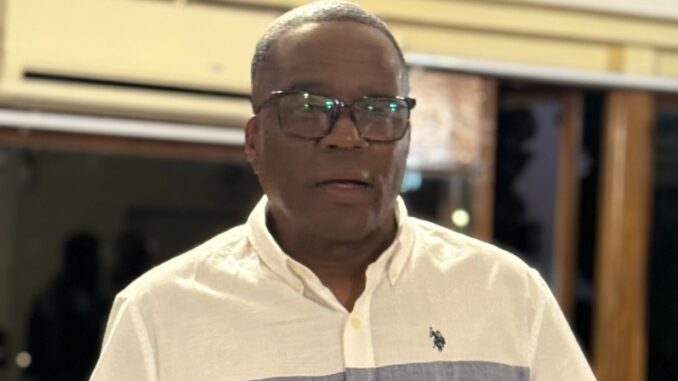
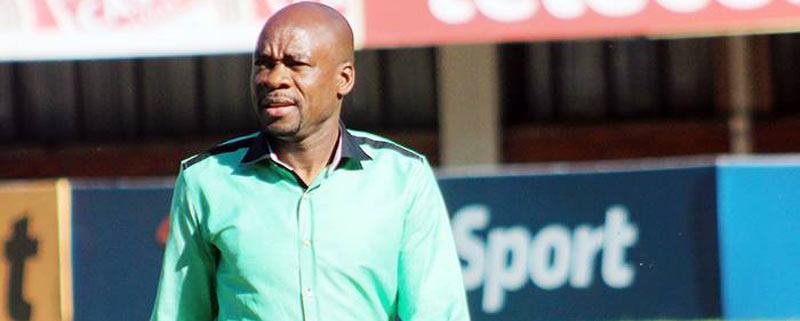
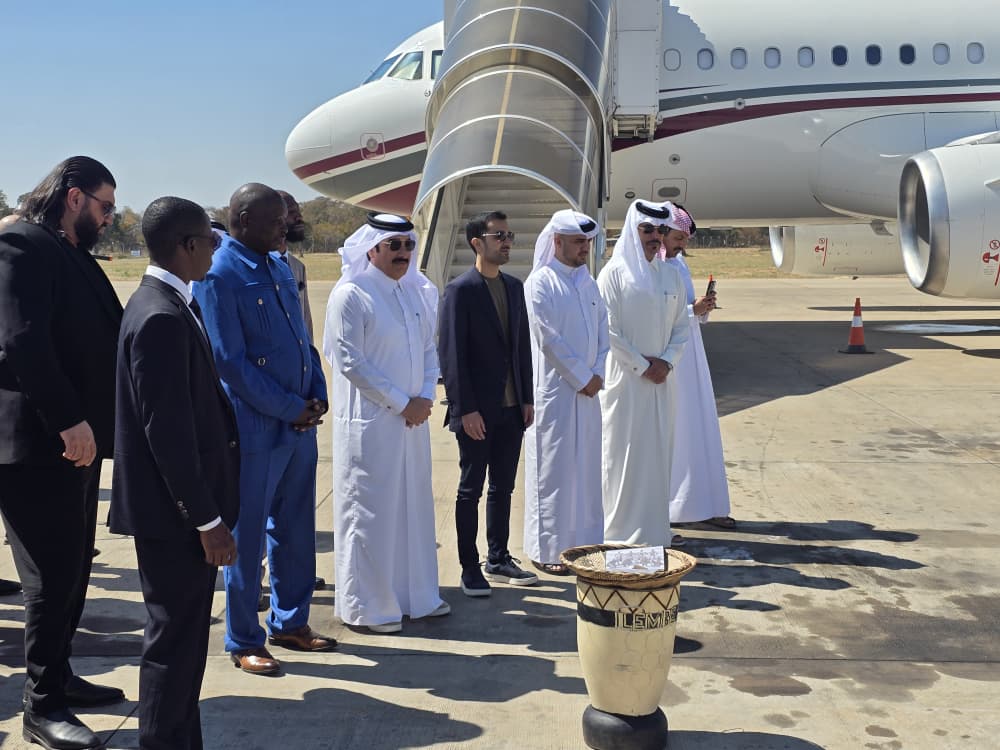
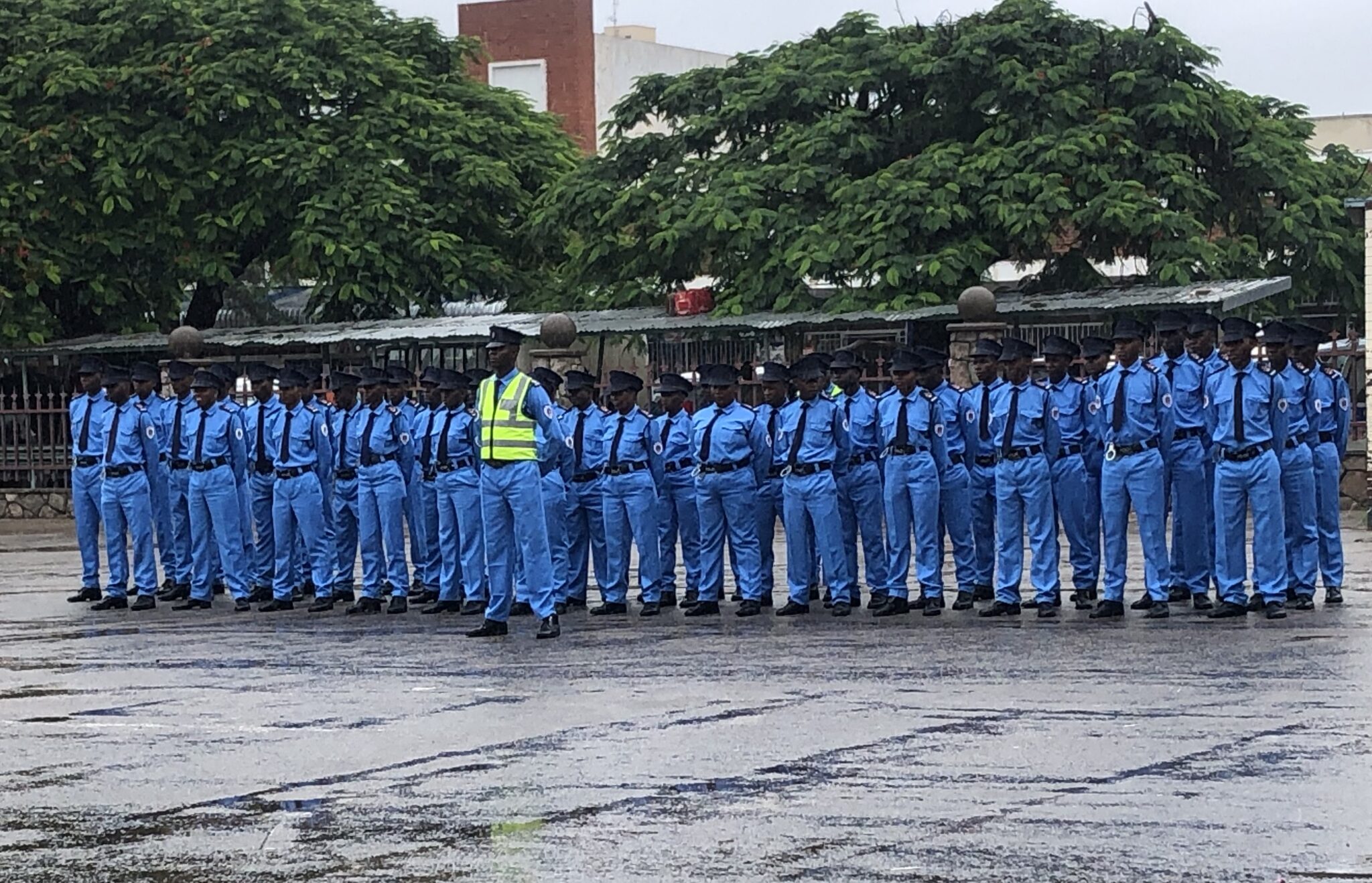
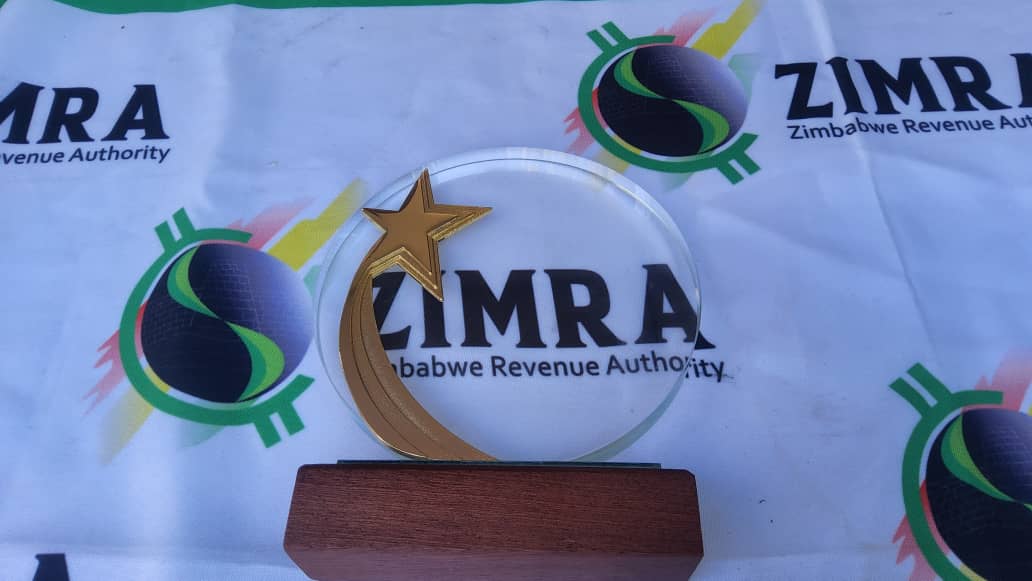
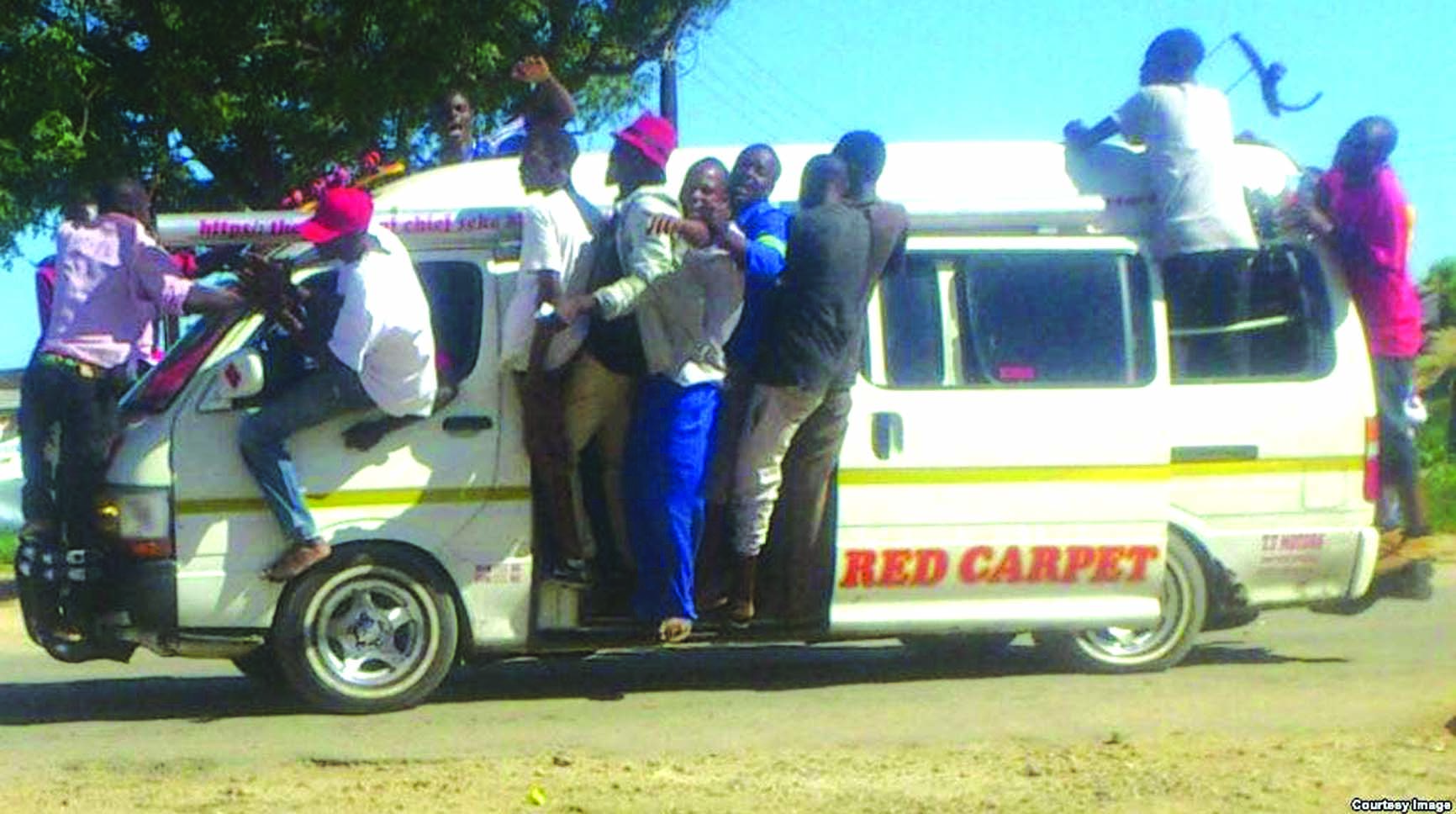
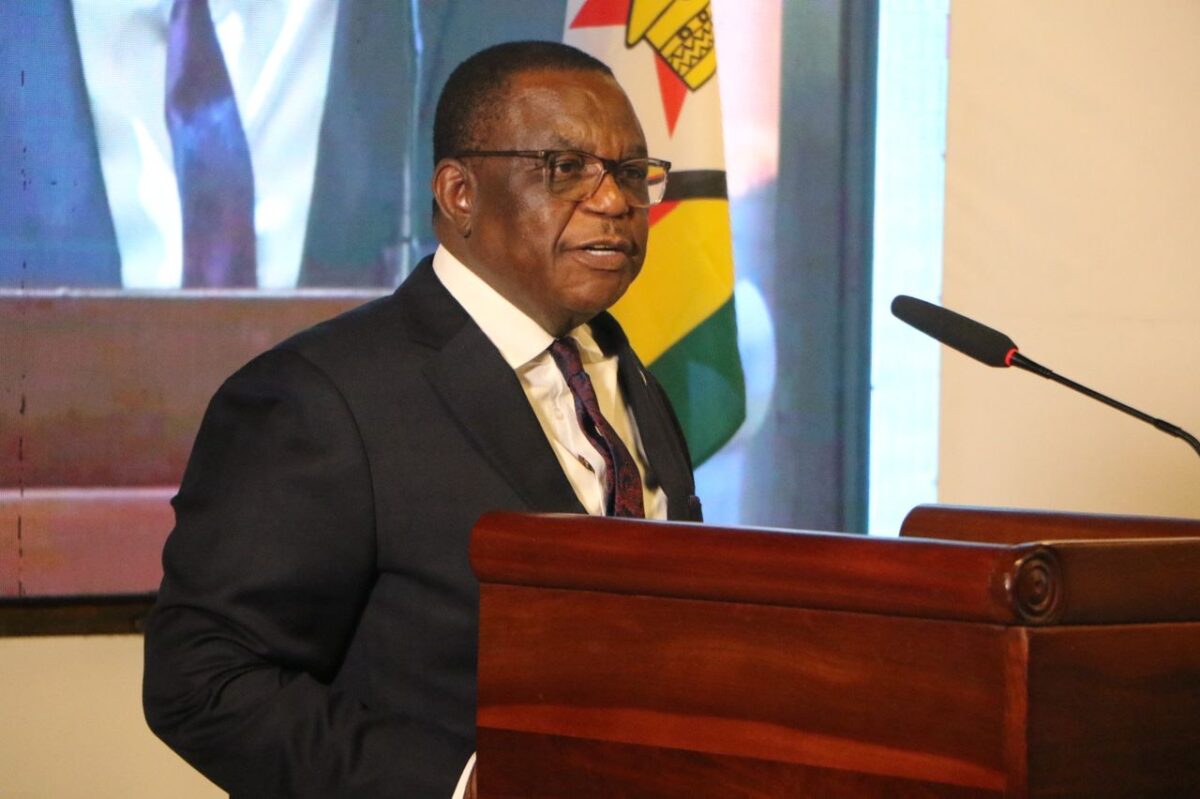
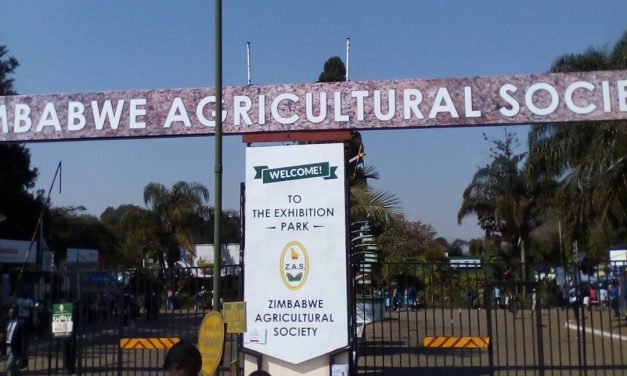
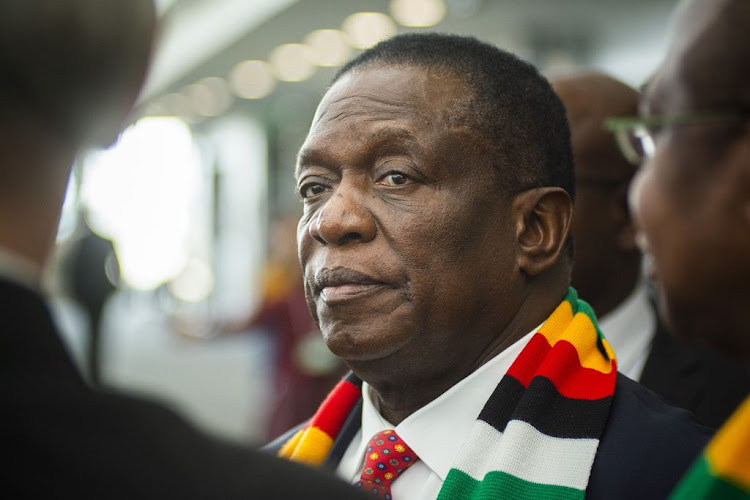

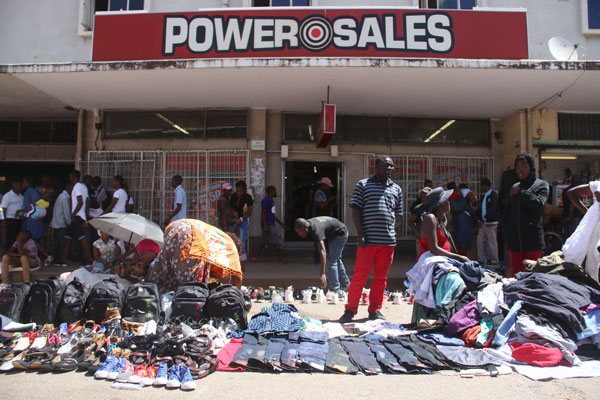
 Young Investment Professional (YIP) Graduate Programme 2019
Young Investment Professional (YIP) Graduate Programme 2019
Editor's Pick